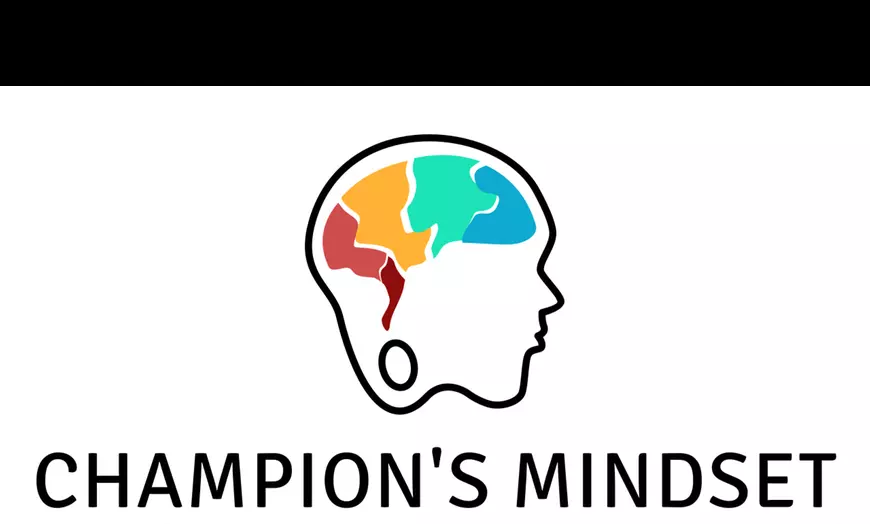Highlights
Sport Psychology Support for all Athletes Save 50% using this advert Build confidence, manage anxiety and perform to your best ability.
About This Deal
Sport psychology is an invaluable tool for athletes, as participating in sports requires mastering a number of physical and mental tasks. Incorporating sport psychology into an athlete’s training plan can help them reach the top of their sport and achieve peak performance. First, sport psychology focuses on developing mental strength and resilience. Athletes are often faced with stressors during practice and competition, like pressure to perform or meeting expectations. Sport psychology can help athletes learn how to build mental toughness by recognizing and responding to these in effective and productive ways. Additionally, sport psychology can help athletes build confidence and self-belief, enabling them to take risks and remain motivated even in challenging circumstances. Second, sport psychology can help athletes improve their focus and concentration. To be successful in any sport, athletes must be able to focus intently on the task at hand and maintain their attention.
How can sport psychology help?
For example, by addressing specific thought patterns that lead to anxiety or fear, athletes can develop coping mechanisms that allow them to stay focused and stay on track. Third, sport psychology can help athletes enhance their motivation and commitment. The more motivated an athlete is, the more likely they are to remain dedicated to their sport and continue progressing. Sports psychologists can help athletes identify their goals and values, as well as develop strategies to stay motivated and committed. Additionally, they can help athletes find ways to enjoy their sport and see it as an opportunity for personal growth, rather than just something to compete in.
Finally, sport psychology can help athletes improve their communication skills, both with coaches and other players. Communication is a key skill for any athlete, as it allows them to effectively communicate their objectives and receive feedback from others. Sport psychology can help athletes learn how to better read nonverbal cues, understand different perspectives, and practice active listening. In sum, investing in sport psychology as an athlete has many beneficial effects. It can help athletes develop mental strength and resilience, boost focus and concentration, increase motivation and commitment, and enhance communication skills. Sports psychology is an essential tool for athletes that can ensure peak performance and success.


































